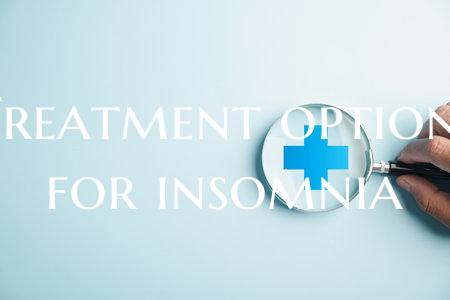
Treatment options for insomnia
Insomnia is a common sleep disorder that affects millions of people worldwide. Lack of proper sleep can have significant impacts on physical health, mental well-being, and overall quality of life. Fortunately, there are various treatment options available to help manage and alleviate insomnia symptoms.
1. Lifestyle Changes: One of the first steps in treating insomnia is making lifestyle adjustments. This includes practicing good sleep hygiene by following a regular sleep schedule, creating a relaxing bedtime routine, and ensuring your sleep environment is conducive to rest.
2. Cognitive Behavioral Therapy (CBT): CBT for insomnia is a structured program that helps individuals identify and change the thoughts and behaviors that are disrupting their sleep. This therapy has been shown to be effective in treating chronic insomnia and is often recommended as a first-line treatment.
3. Medications: In some cases, healthcare providers may prescribe medications to help with sleep. These can include over-the-counter sleep aids or prescription medications such as sleep-inducing drugs or antidepressants. It's important to use these under the guidance of a healthcare professional.
4. Relaxation Techniques: Practices such as meditation, deep breathing exercises, progressive muscle relaxation, and mindfulness can help calm the mind and body, making it easier to fall asleep and stay asleep.
5. Light Therapy: Light therapy involves exposure to specific wavelengths of light to regulate the body's sleep-wake cycle. This can be particularly useful for individuals with circadian rhythm disorders or those experiencing insomnia due to irregular sleep schedules.
6. Exercise: Regular physical activity can help improve sleep patterns and quality. However, it's essential to time exercise appropriately, as vigorous activity close to bedtime may have a stimulating effect.
7. Nutritional Supplements: Some individuals find relief from insomnia symptoms by taking certain nutritional supplements like melatonin, magnesium, valerian root, or chamomile. It's important to consult with a healthcare provider before beginning any new supplement regimen.
8. Acupuncture: This traditional Chinese medicine practice involves the insertion of thin needles into specific points on the body. Some individuals report improvements in sleep quality and duration after acupuncture treatments.
It's crucial to work with a healthcare provider to determine the most suitable treatment approach for your specific situation. By exploring these treatment options and finding what works best for you, you can take steps towards managing your insomnia and improving your overall sleep health.